How Long Does a Heat Pump Last? What You Need To Know!
-
Visnja Radosavljevic
- Last updated:
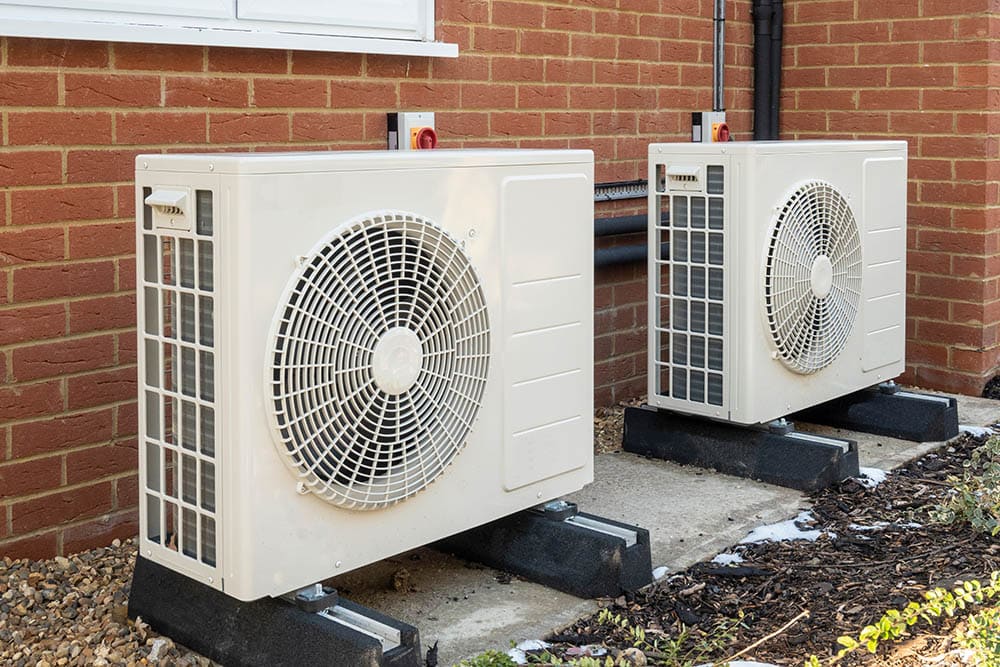
Heat pumps are an excellent option for people who want a fast and reliable heating and cooling system. Of course, life expectancy is the key factor most people look into before buying a heat pump.
If you already have a heat pump or want to purchase one, you need to know how long it will last. Check out the article below to learn more about heat pump life expectancy, benefits, and maintenance.

How Does a Heat Pump Work?
Heat pumps are a type of HVAC system (heating, ventilation, and air conditioning) device. It’s a functional system that performs both heating and cooling actions, making it convenient to set the adequate temperature in your home quickly.
During heating, refrigerant gas moves between exchangers inside the heat pump. During cooling, the heat pump transfers the heat from the inside of your home to the outside.
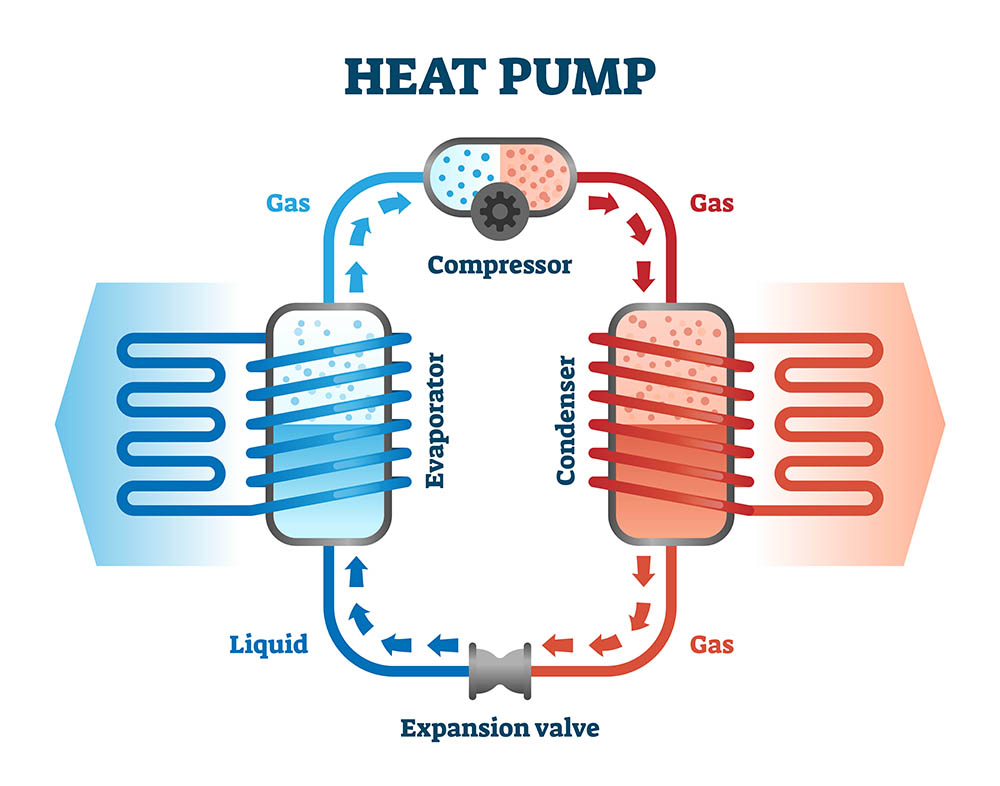
Heat Pump Benefits
Before we discuss the life expectancy of heat pumps, we wanted to point out the perks of a heat pump in your home. Here are the most significant advantages of heat pumps:
Efficiency
Heat pumps are highly efficient as they don’t rely on gas for heating. Instead, they use electricity to heat/cool your home. A heat pump will keep your home at your desired temperature while reducing your gas bills.
Health advantages
Heat pumps can improve the air quality in your home as it filters the air and dehumidifies your environment. Better air means less sickness and fewer health complications, so you’ll live a healthier life.
Functional heating and cooling
Despite the name, heat pumps can certainly heat your home, but they’re also practical for cooling. They will reduce the costs of needing two separate systems and take up less space in your home. If you install a heat pump, you won’t have to worry about needing two different systems to heat and cool your home.
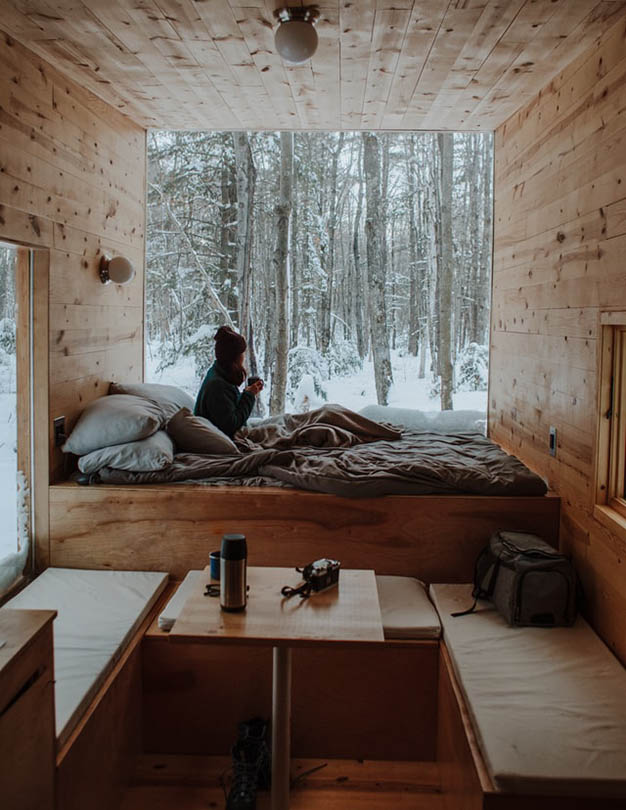
Low maintenance
Heat pumps typically don’t require a lot of maintenance. If you’re handy, you’ll be able to perform some of the repairs yourself, which is another way to save money. A heat pump will save you cash in the long run, as you won’t have to spend a fortune on the upkeep.
Low noise
Other heating systems and ACs are commonly noisy, while heat pumps are quiet and won’t create a loud, annoying noise.
Reduced harmful emissions
Heat pumps are eco-friendly, and they reduce harmful emissions since they operate on electricity. No toxic fumes go into the air because they don’t use gas.

Heat Pump Disadvantages
Like every other device, heat pumps have certain disadvantages. Here are the most significant drawbacks of heat pumps:
High upfront costs and cost of installation
Heat pumps have high upfront costs due to the quality of the equipment, complex installation, labor, etc. That can be challenging for most homeowners since the costs add up, but they will pay off in the long run, so it’s still a good investment.
Higher utility bills
Since heat pumps operate on electricity, your utility bills will be higher. Still, the pump will be better for the environment, but if there’s a power outage, your heat pump won’t be able to function.
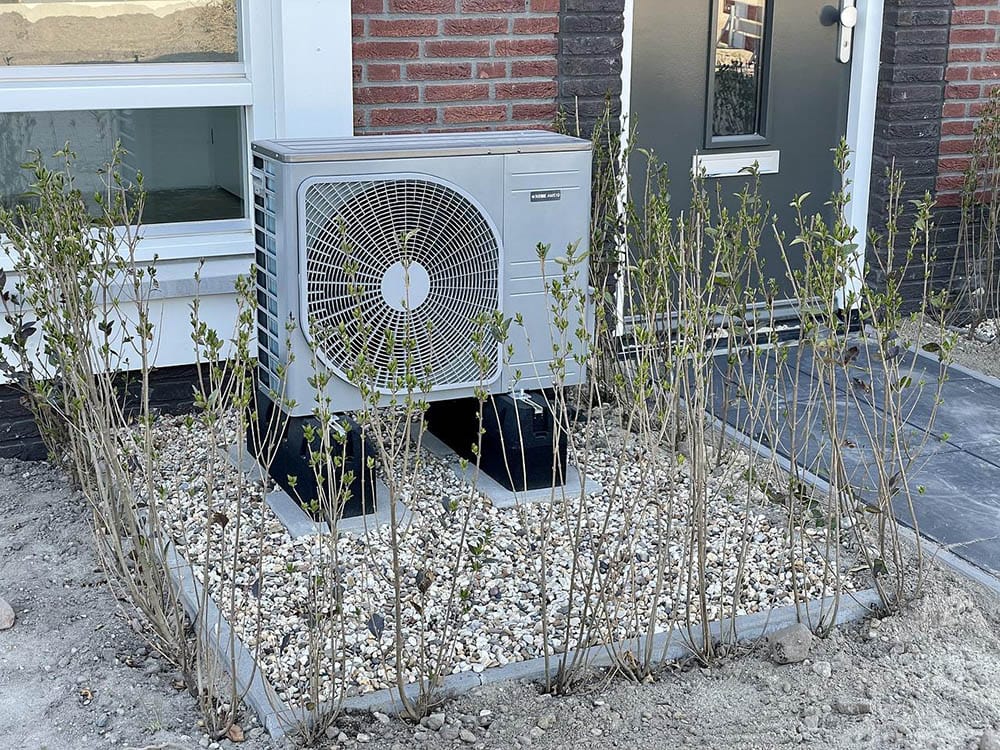
The Average Life Expectancy of a Heat Pump
The actual life expectancy of your heat pump will depend on the model and the manufacturer, but most heat pumps are long-lasting. The average life expectancy of older heat pumps was around 15 years, while modern heat pump systems should last you about 20–25 years.
Various factors will help you determine your heat pump’s lifespan, so check them below.
Factors that affect the longevity of your heat pump
Here are the elements that will affect your heat pump and either prolongate or lower its life expectancy:
- Quality: When buying products, you get what you pay for, which also counts for heat pumps. A cheaper heat pump will not last as long as a high-quality heat pump.
- Age: Newer heat pumps are more durable than older models, so if you’re looking at a heat pump manufactured 5 years ago, it will have a shorter lifespan than a heat pump manufactured last year.
- Location: Heat pumps can suffer if the temperatures in your environment frequently fall below freezing or become too hot during the summer months. In general, heat pumps function the best in moderate climates where the temperature never becomes too low or too high.
- Installation and maintenance: An experienced professional should install your heat pump to ensure everything functions properly. Improper placement and installation can decrease the lifespan of your heat pump, so keep that in mind.
- Use: Like any device, a heat pump will last longer when you use it less frequently. Of course, that doesn’t mean you should purchase a heat pump and never use it. Instead, be careful and reduce the usage amount as much as possible.
Heat Pump Maintenance
Heat pumps require some maintenance to function and to have a longer lifespan. You’ll be able to do certain maintenance things yourself, but for some, you will need to reach out to a professional.
- Clean the filters and vents
- Don’t keep plants near the outdoor unit
- Vacuum your home frequently to keep the filters cleaner
- Inspect the filters, ducts, blower, and indoor coil
- Check for leaks
- Verify proper airflow
- Check electric terminals
- Check the system discharge pressure
- Inspect wiring
- Check the thermostat operation
- Inspect the outdoor unit
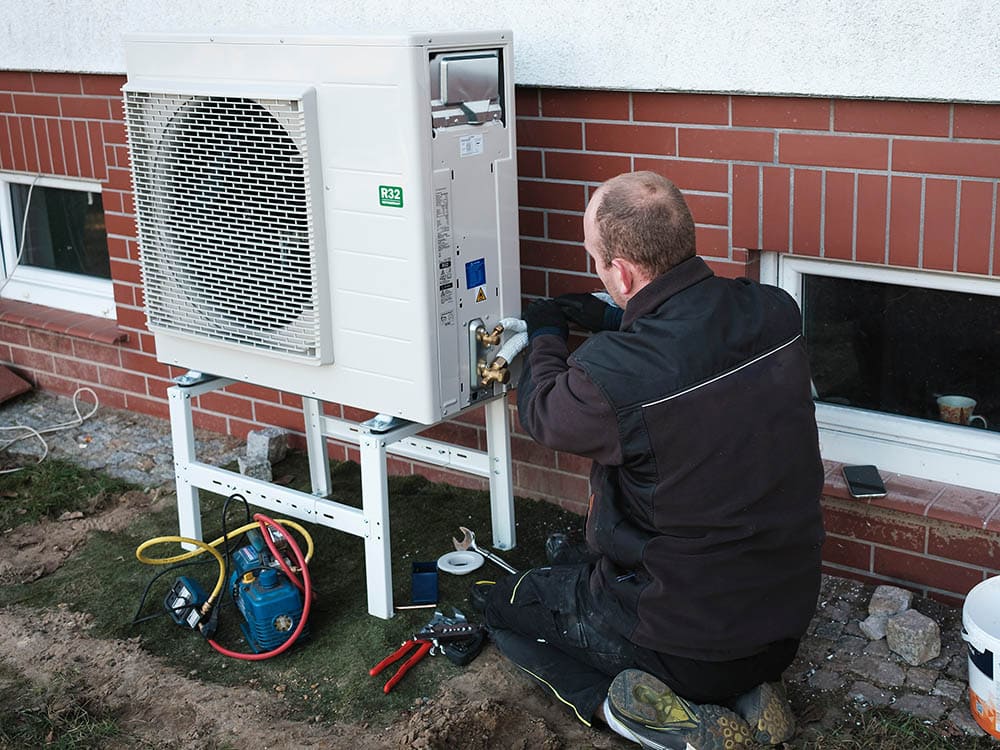
When Is It Time to Replace Your Heat Pump?
Even well-maintained heat pumps will eventually need replacement, and you’ll be able to notice that due to some simple signs. If you see any of the signs below, that’s a sure indicator you should purchase a new heat pump.
Frequent breakdowns
All heat pumps will break over time, but if you notice frequent breakdowns, it’s a clear sign that you should replace the heat pump. Of course, it’s always best to reach out to a professional to get their opinion, but some things are not worth fixing and it’s better to replace them.
Higher bills than usual
When heat pumps become less effective, they’ll begin to use more electricity. If you notice high oscillations in your utility bills and you haven’t done anything unusual which would consume a lot of electricity, your heat pump might need replacement.
Lower air quality
Since heat pumps improve the air quality inside your home, if the air quality is lower than usual and you see a rise in dust/humidity, it could mean the heat pump is malfunctioning.
Noises and smells
Heat pumps are quiet devices, and they don’t release any odors. If you start to notice loud noises and weird smells coming out of the heat pump, you should call a technician to check the issue. It might be a minor breakdown, or you might need a new heat pump.
Failure at cooling/heating
The main point of having a heat pump is to heat/cool your home, so if the heat pump is failing at heating/cooling your home correctly, it could indicate that you need to inspect it and potentially replace it with a new heat pump.
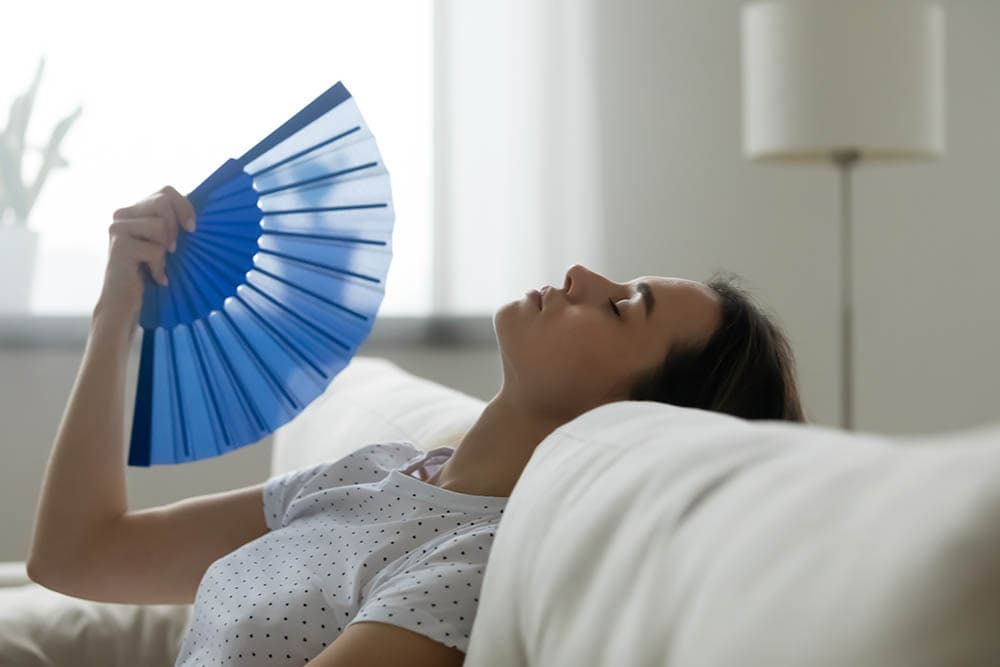
How Can I Make My Heat Pump Last Longer?
Many factors that can make your heat pump last longer are in your control. There are things you can do to make the heat pump last longer, so here’s what you should do to promote the longevity of your heat pump:
Change the air filter
Changing the air filter of your heat pump is key to making it function better and last longer. Clean filters mean you’ll be breathing clean air and that you will protect the heat pump from dust. It’s best to check the manufacturer guidelines to know how frequently you should change the air filter.
Clean the outdoor unit and the ducts
Another thing you can do to make your heat pump last longer is to clean the outdoor unit and the ducts. Remove any leaves, dirt, sticks, or other objects you find in the outdoor unit. As for the ducts, reach out to a professional to clean them. That will ensure proper airflow and provide clean air.
Perform yearly maintenance
Yearly maintenance is crucial for your heat pump to work correctly, so schedule routine maintenance to keep everything up and running.

Conclusion
To sum it up, for those buying older heat pump models, they should serve you well for the next 10–15 years. For newer heat pumps, you’re looking at a lifespan of 20–25 years.
Be sure to keep up regular maintenance to prolong the life of your heat pump.
Featured Image Credit: Nimur, Shutterstock
Contents

